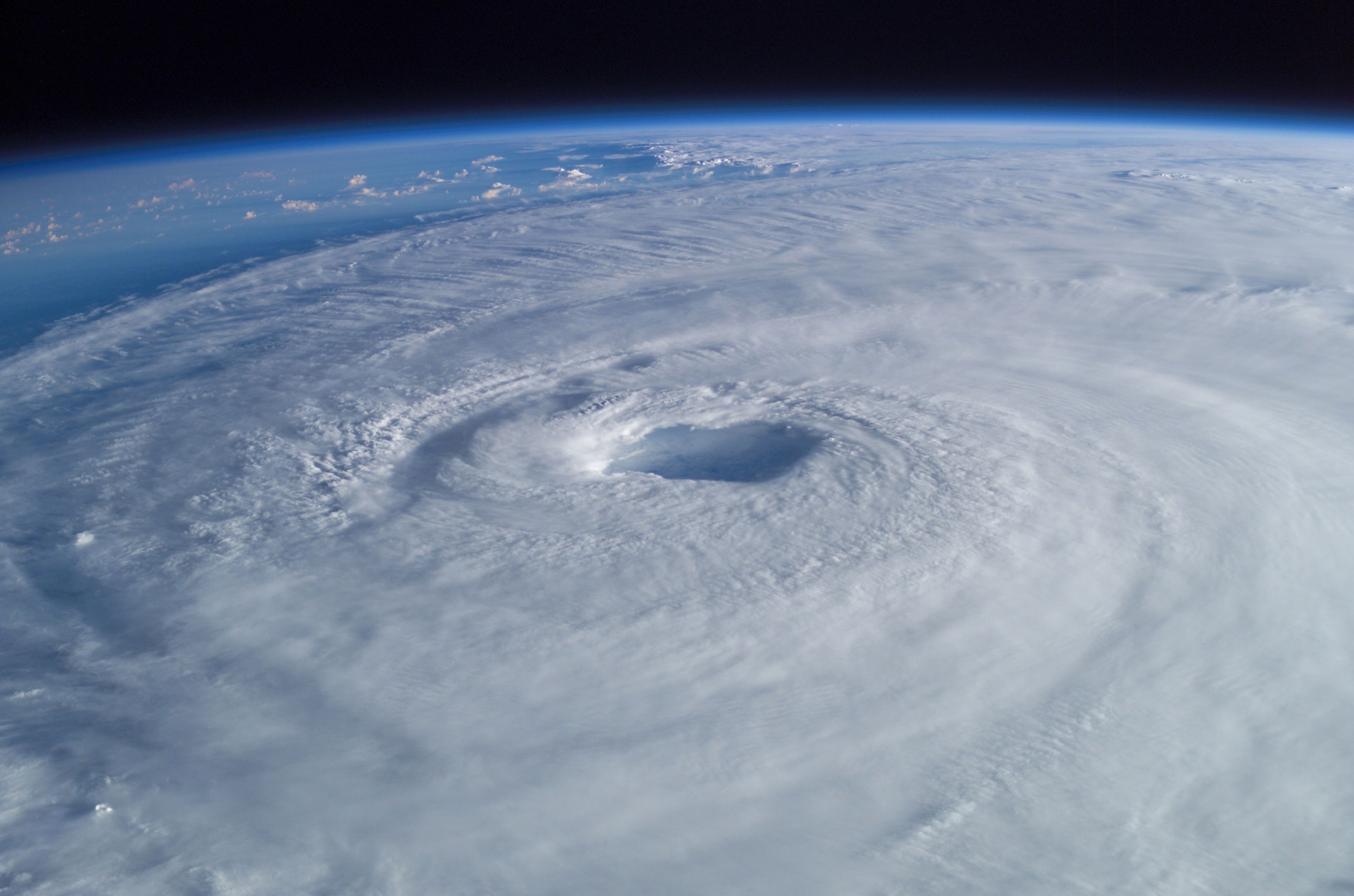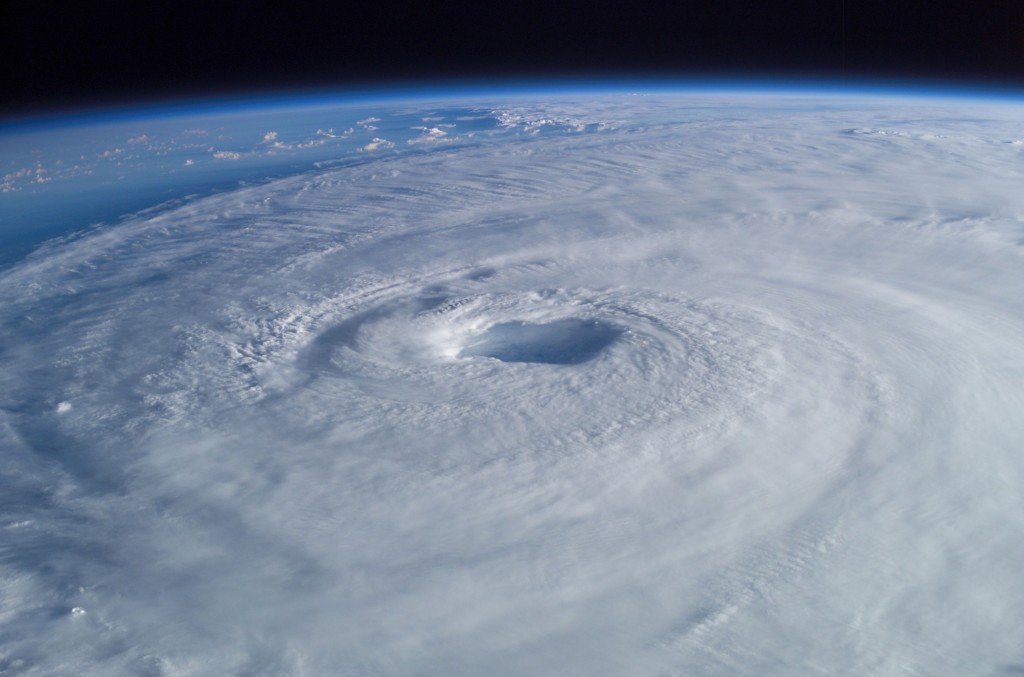Whether identifying changes in public policy that could do exponential good or revealing internal assumptions about the way the world works, mental models are the best construct I’ve ever come across to categorize, analyze, study, document, and reflect upon the universe. Yesterday, The Washington Post published an example of cognitive bias when it detailed how how subconscious beliefs can have life or death consequences for people as small inputs change the way they behave. While the math leaves a lot to be desired and is less than convincing, the follow-up experiments testing the hypothesis indicate people do treat male and female names differently. This is not exactly a new phenomenon. More than a decade ago, researchers found that even with identical credentials, resumes with “black sounding” names were far less likely to get an employment offer. Words matter. Names matter. The brain makes split-second, often irrational, decisions based on internal prejudices, cultural constructs, and a host of other variables.
According to the new study published in the Proceedings of the National Academy of Sciences, researchers at Arizona State University and the University of Illinois ran the figures on hurricane deaths between 1950 and 2012. They excluded Hurricanes Katrina and Audrey as outliers that had the potential to make the typical hurricane look worse than it was given the power of those two storms. They concluded that even throwing out the deadliest hurricanes, when looking at the 47 remaining most destructive hurricanes, those given female names resulted in mean deaths of 45 people per storms, while those given male names resulted in mean deaths of 23 people per storm.
In other words, they believe that hurricanes with female names are killing, on average, nearly twice the number of people as preparation plans differ based on subconscious bias triggered by mere association; hurricane Samantha sounds less scary than Hurricane Kyle. Given that hurricane names are chosen long before the weather system forms (here is the list up through 2017), and the fact the death rate among the genders is even more extreme as men and women respond differently to differently named hurricanes, they argue this could indicate that a simple paperwork change in the weather naming convention could save lives.
[mainbodyad]To test their hypothesis – one potential flaw in the model was that hurricanes only had female names up through 1979 – the researchers set up half-a-dozen laboratory experiments where they posed questions to test subjects. The individual experiments had between 100 and 346 people in them and revealed the same pattern. People answering questions about how they would prepare for a hurricane showed a lower likelihood of seeking shelter if the hurricane in the scenario had a female name. They also predicted higher destruction for the hurricanes with male names.
Besides potential changes in the naming conventions of hurricanes, this is certainly going to be of interest to sociologists. Is this a case of soft prejudice against men; a form of internalized misandry? As Sharon Shavitt, one of the co-authors of the study, tells The Washington Post, “The stereotypes that underlie these judgments are subtle and not necessarily hostile toward women – they may involve viewing women as warmer and less aggressive than men.” Is this a case of a soft prejudice against women; a form of internalized misogyny? The “little-lady-that’s-cute-you’re-trying-to-fight-me” sentiment? Both? Neither?
Regardless of the sociological questions, if the conclusions can be replicated by other researchers in labs (the hurricane data itself is not conclusive but merely raises the question), it proves a very important point. Namely, that each of us needs to be aware of the second and third order consequences of our decisions, or at the very least accept that we can’t possibly predict everything with even the most complicated models. When the meteorological community switched to human names for tropical storms and hurricanes, the intention was to make them easier to remember and discuss. Yet, that seemingly helpful shift might have ended up killing a lot of people due to quirks in the evolutionary wiring of the human brain. Or, it might not. But this is the fun of trying to constantly improve your understanding of the world, to fit it together on a framework of bigger ideas that interact with each other.




